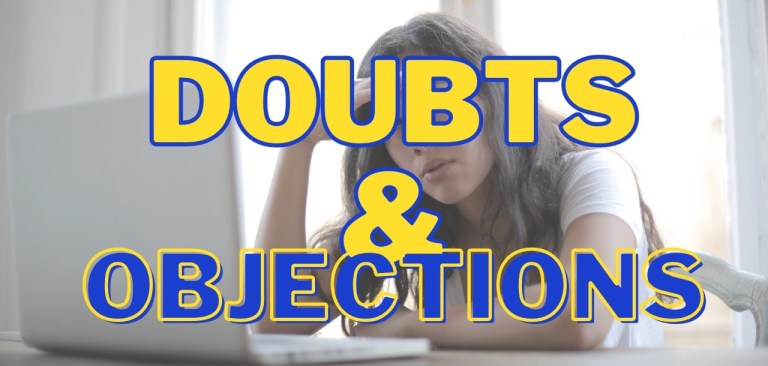The ethical treatment of data
Subtitle: When shared public records are no longer lost to time.
With great freedom comes great responsibility. – Eleanor Roosevelt
A published author and long-time friend of mine posted a link on Facebook to the following article noting that, as a writer, she was elated to have access to such a great resource for research and to help reveal a plotline she is presently working on:
Are Police Records Available to the Public Online?
From the article:
“Police files are retained indefinitely as they are loaded onto electronic databases and can be accessed by a person even if they date back to the 1800’s. The best way to find old police files is through online sources; that will give you comprehensive and accurate details. Once a person has been convicted of a criminal offense; this will remain on the person records until it is cleared. These records have invaluable information concerning a person and can be used as a source when doing a background check.” Article Source: http://EzineArticles.com/4707735
In one perspective, this is an absolutely fantastic resource, for writers or anyone needing information relating to police records. But, all nefarious purposes aside, I can also see how this same data could become problematic, even if used with only the best of intentions or needs. In the original Facebook post I commented: “Imagine as a photographer, I am improperly arrested for photographing a protest (a common occurrence these days, many examples exist of this). Even though I am well within my rights and have done nothing wrong, I may now have a long-lasting record which was outside of my control or any wrong doing. That information could now adversely affect my ability to be hired given the commonality of companies using Google to research applicants.”
From my perspective, as someone who works in social business and sees article after article depicting the perils of over-sharing, I can see the long-lasting memory of the internet causing problems when data like this is not treated ethically. Long before the internet, this information was at best obfuscated from general public visibility via physical access to the records, and even though it is public information, the general populace would not be likely to see it, even when doing background checks. Now, with the ease of access brought to us via the internet, we no longer need direct physical access to the records to find the information. While this provides for much better transparency, it also provides for interesting dilemmas surrounding how the data is maintained.
Gone are the days of easily forgotten youthful indiscretions, escalated misunderstandings, or wrongs eventually righted and then easily moved past. Thanks to archival sites, even if a record is expunged, that information can still be found and intentionally or unintentionally misused. At the very best it can taint perception with the fruit of knowledge not intended to have remained public. Unlike inappropriate Facebook posts that have caused detriment to individuals’ continued employment, these public records are outside of our direct control and can cause damage to wholly innocent parties as in my all-too-common photographer example(s) above.
If you’ve been reading my blog for any length of time you likely know that I take very deep and personal ownership over my words, as well as any damages which they may inflict or for which I am culpable. I own everything I post and accept the ramifications of my words or actions. What, however, can we do when confronted with misinformation or items that have remained long past their relevancy outside of our own control? Reaction is, by definition, after the fact; typically long after the damage has been done. What previously may have been a simple youthful mistake lost to the winds of time can now haunt you until your dying day.
As we move forward into this new world of ready access to information both historic and present, the freedom of such access demands great personal responsibility in how we both consume and reshare it out. The world has changed, my friends; no longer can we ignore the complexities of life for the ease of assumption. It is up to each one of us to become more critical thinkers in our daily lives and consciously look to all sides of a given situation before judging others or ourselves. Each of us now own the responsibility to handle information in a more mature, intelligent way; understanding the potential ramifications and our own culpability if we do not.
Beyond our own personal ownership of action and words, we must also strive to ensure that our information is also treated ethically and with respect when it is in the hands of corporations and governments. This means doing all we can to protect not only ourselves, but others when sharing online in the form of social networking, or granting unfettered access to public information in searchable databases. As citizens of the corporate world and citizens of the global internet, it is our great responsibility to protect the great freedom which we have built and entrusted to ourselves.
In the particular police files example above, this may mean potentially restricting search engine access to the data, protecting the details behind vetted access permissions. It means ethical content curation is even more essential now than ever.
The ramifications of this information being hosted online can be widespread and must be ethically dealt with to ensure the long-term effects of short-term data are properly mitigated or wholly avoided.
.
image credit: (cc) Some rights reserved by Vectorportal








You must be logged in to post a comment.